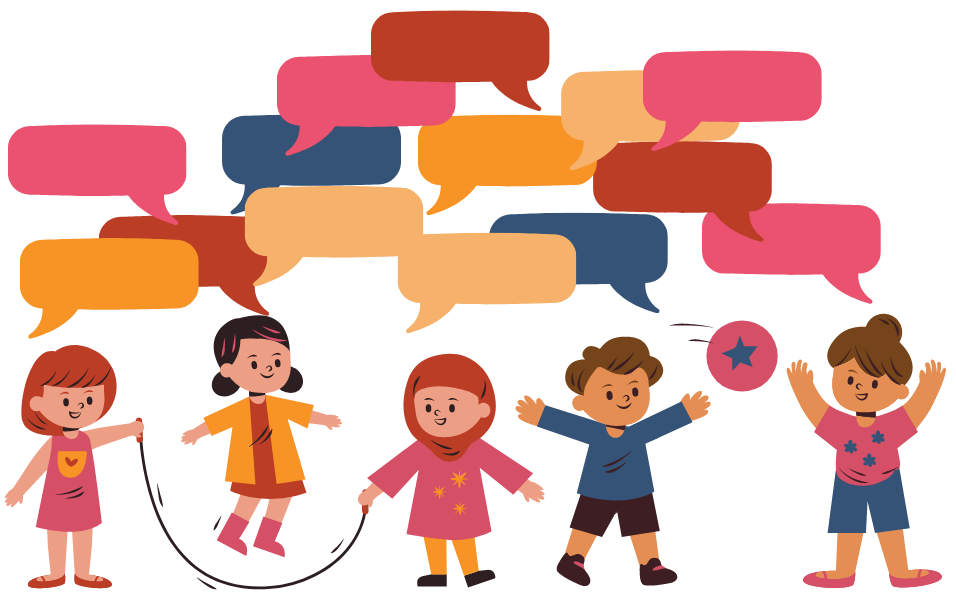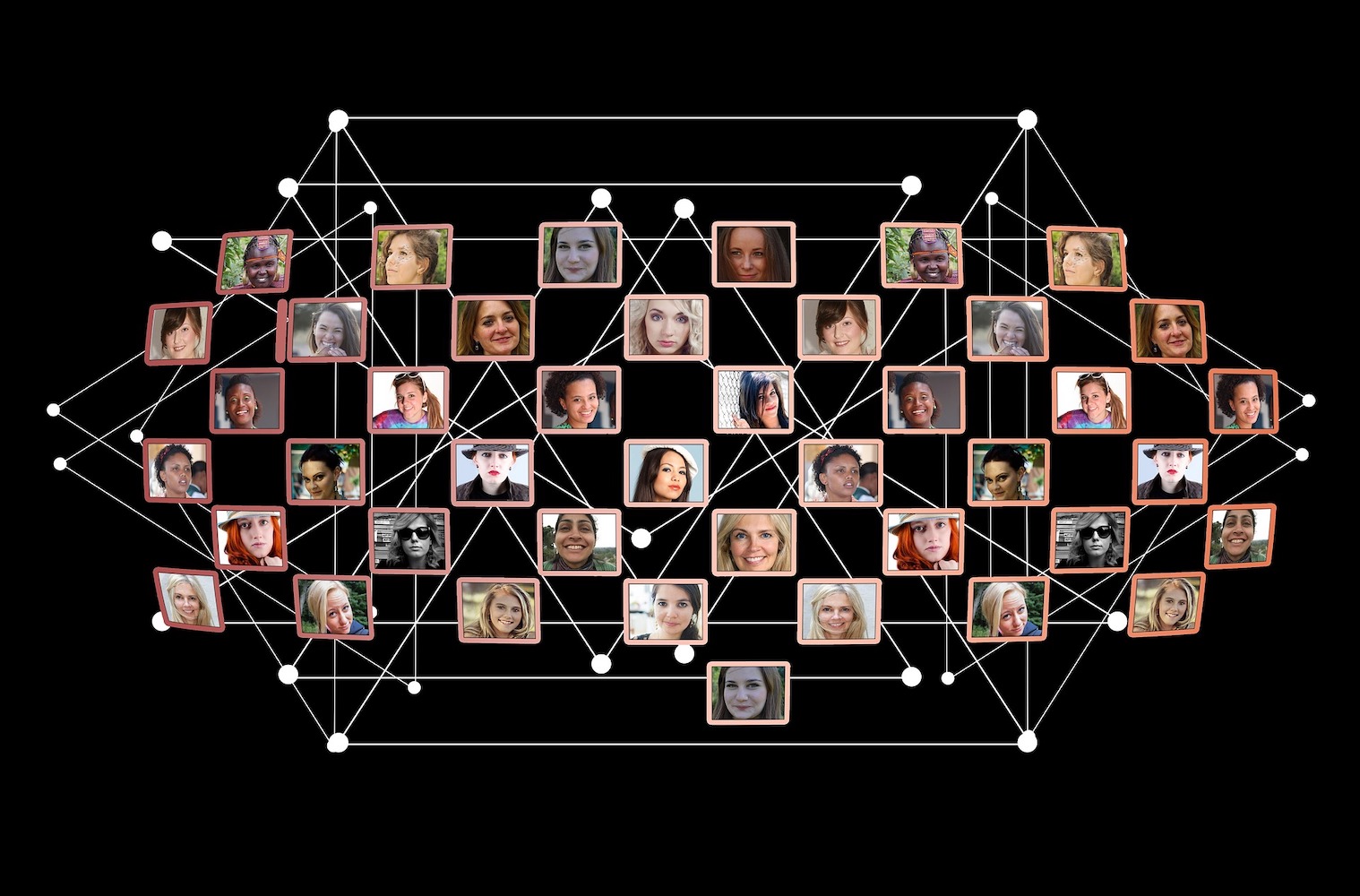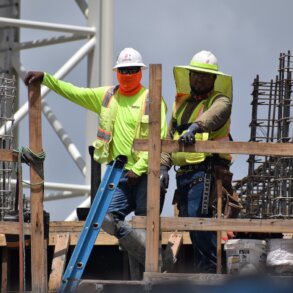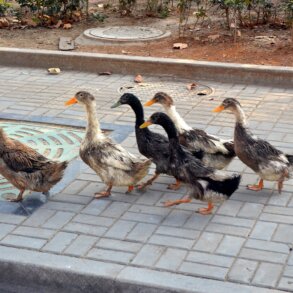By Ted J Rau and originally published as a single article at jenrau.medium.com
This is Part 2 of a two part article. Part 1 is here.
What can natural languages teach us about self-governance?
Language of Governance acquisition?
How do you learn a governance system? Let’s look at creole languages. You might know that in some historical contexts, people blended different languages, forming a pidgin language which is a somewhat simple, messy set of rules. Children who grew up exposed to a pidgin language will, with each other, turn it into a creole language, a language perfectly aligned with how our minds are wired to use language. They add the structure that their brains inherently use to process language.
I sometimes joke that I am a native speaker of sociocracy because I joined an already-sociocratic organization years ago, before having received any training. I just jumped in and learned by immersion. Yet, I wasn’t really a native speaker because I had been exposed to and acquired other forms of organizing. I learned by immersion but as an adult.
So I guess we could say that I speak sociocracy with an accent derived from the early years I have spent in power-over situations. Sociocracy For All started out with an immersion training as a first offering. And Sociocracy For All (SoFA) as a membership organization is like an immersion boarding school for people who want to learn how to speak sociocracy against the current of a mainstream culture!
I know that younger people have an easier time learning sociocracy. Maybe coming generations will be able to acquire sociocracy as true native speakers without the baggage of limiting internal beliefs and mistrust. I am sure it is no coincidence that the developer of sociocracy, Gerard Endenburg, was raised in a consensus-run school as a child. Sociocracy is being used more and more in schools. What will come from that in the next generation?

Let governance evolve
Languages evolve all the time but they don’t evolve freely when they are policed and forced. People try but language creativity typically wiggles its way out of it. I imagine that governance hasn’t evolved because it has been policed and shaped by limiting beliefs.
In our practice of teaching sociocracy, self-organization doesn’t pre-scribe, it de-scribes. Instead of saying how a department ‘should’ be structured, we find out how people want to be structured. What tools and processes can we use that make our work and lives easier? Any structure is temporary, a bit like oral culture. We try on a structure, use it and play with it, and then adapt it as things evolve. As in evolution, change happens.
And like language, not having any structure will probably not unleash the creativity and clarity that patterns give us.
Now, with self-organization on the rise, we are in the middle of the process of forming pidgin governance systems. Future generations might turn them into creole governance systems — forming and using something that works the way our minds work, that’s organic and that has patterns that support our creativity. Exciting!
But what about our accents?
Since none of us can be a native speaker of self-governance (if you read this, I assume you’re too old already!), how can we learn and teach self-organization patterns like a second language? How can we become fluent, and fluent fast?
And what about our accents, our shadows of the past, our ever-present toxic relationship with our own power, expressed in power-over and power-under? I see one of the most challenging patterns in self-organization in our own minds and hearts. The un-learning that needs to be done is daunting. (Maybe we have to make friends with our accents instead of trying to deny them.)
Let’s re-claim governance
“Governance” as a word feels cold, non-human, and not very sexy. That makes sense given that governance was institutional, top-down, inconsiderate, or downright oppressive.
Quite possibly, good, organic governance unlocks as much transformational power as the evolution of language did for the human species.
In thinking and talking about self-organization like sociocracy as a language of collaboration, I want to reclaim it as something humans do or have. We communicate. We connect. We make things happen. Governance is a human thing. It supports who we are and what we want to do. It’s an expression of ourselves as a collaborative species.

Co-founder of Sociocracy For All – Linguist by training 🙂
Republished with permission.
Some paragraph spacing and Featured Image added by Enlivening Edge Magazine. Featured Image by Gerd Altmann from Pixabay




